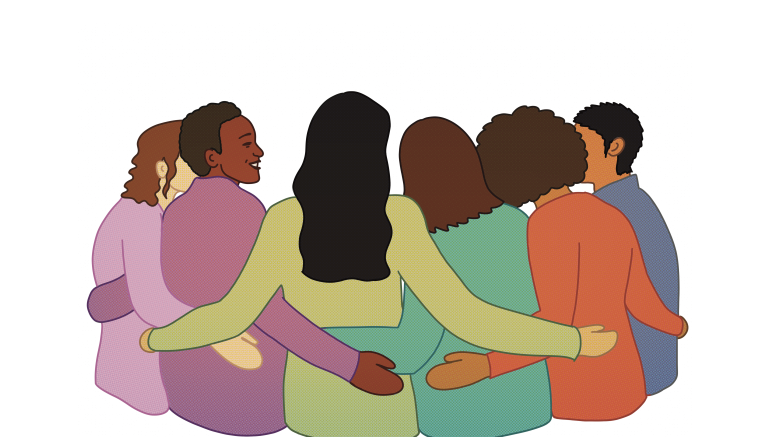Growing up in Manitoba as a queer mixed Japanese Canadian, I cannot overstress the importance of maintaining safe and inclusive communities.
After emerging from COVID-19 isolation and Zoom schools I had a burning desire to rediscover community and rebuild my roots. However, I did not know where to go. Manitoba does not have a large Japanese population. I would occasionally see faces that found me familiar because of my last name when I worked at a Japanese restaurant, but I did not know them.
My family had not been involved in the Japanese community in Winnipeg for almost a decade. We would go to the Japanese picnics, Christmas parties and curling bonspiels, but after a certain point we stopped going altogether.
When the Second World War ended, Japanese families were prohibited from returning to their homes in Vancouver, and their homes and properties were sold under the War Measures Act after being taken and held by the Custodian of Enemy Property. People were given the option of moving east or being deported to Japan, including Canadian citizens. These restrictions did not end until 1949.
Due to internment, I grew up not speaking Japanese and without close cultural ties because of my family’s fear of the racism they experienced. They did not wish it upon their children. Seemingly without any ties, I felt alienated even in places I considered a second home. I felt as though I was not enough to claim an identity, as though I could never feel whole. It seemed, throughout my life, it would be easiest to dismiss my concerns regarding my identity and chalk them up to faults within myself, believing that I was overdramatizing things.
When I did this, nothing ever got better. These feelings intensified and I felt utterly alone, and it felt helpless.
It was not until I mustered up the courage to slowly reintroduce myself to the local Japanese Canadian and Nikkei community — members of the Japanese diaspora — where I finally felt as though I could potentially be free from these doubts and fears.
If it were not for the community I found among other yonsei — fourth generation Japanese Canadians — and Nikkei I would not be on the path I am now. It is largely owing to the fact that the spaces I found were so loving and inclusive. Everyone is cared for entirely within them.
The need for community, especially for youth, is so great. During periods of life when people are working on figuring out their identity, representation and care are necessary. These aspects arise in multiple different spaces but are essential foundations to community. People must feel safe enough to express, explore and embody their identities.
Finding communities is not a simple task that happens immediately. It takes work to maintain connections. It can feel terrifying to take the step into a potential community, let alone open ourselves up to the people who we share space with. However, if we emphasize the importance of making such spaces inclusive, we can make the process just that little bit easier.
Care, intimacy and love also require work. These are voluntary labours, and while we are already burdened with so much unpaid labour that the task of choosing to take on more work and responsibility may seem overwhelming, it does not have to be. The love and joy that comes from the communities we find, where we can fully embody ourselves, are what we should demand of our everyday.



